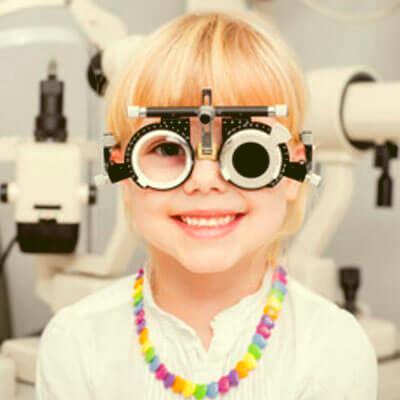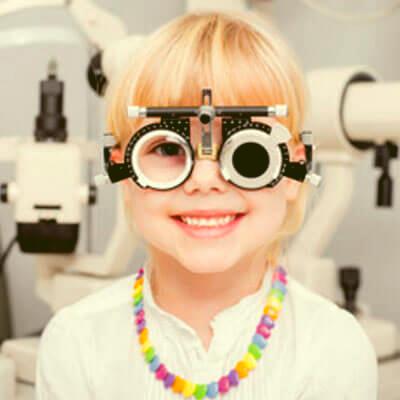Whereas conventional optometry concentrates on correcting visual errors (often concentrating just on refractive error or sight defects alone) and checking on eye health, the behavioural optometrist goes well beyond this to consider how vision has developed, whether there are problems with the developmental process, and how this is impacting on what is being asked of the system – and what may be asked of it in the future.
As over 80% of our learning comes through vision, an inefficient visual system can play a big part in how we learn and acquire information at school, at play and in the workplace.
Typically, the behavioural optometrist will want to understand the developmental processes, and health of the individual during early childhood, linking this with information on movement development as well as intellectual development. Only with this information can the behavioural optometrist make sense of what is happening currently and see whether there are things that can be done to enhance visual processing.
Having developed an understanding of the visual processes in an individual, the behavioural optometrist can go on to formulate strategies to help that individual use their vision more efficiently which may involve using glasses, changing learning strategies and working through a vision therapy programme to enhance visual processes. These are all evidence based strategies with proven success, and can transform how an individual not only learns – but how they feel about learning as well.



